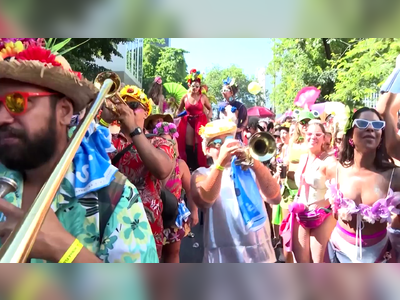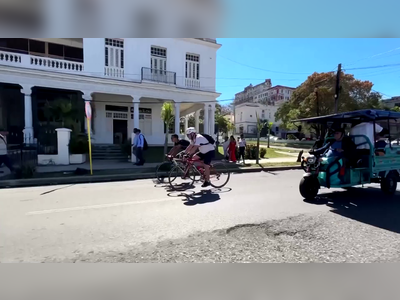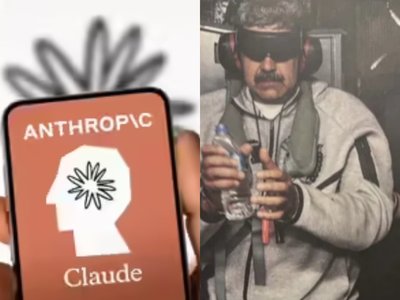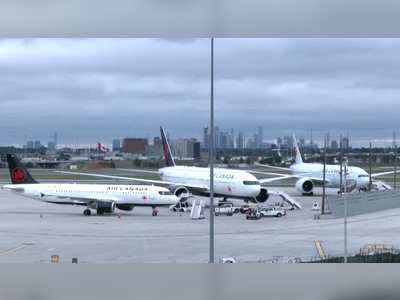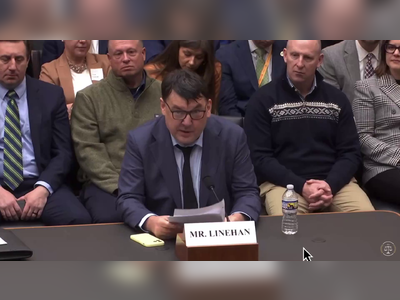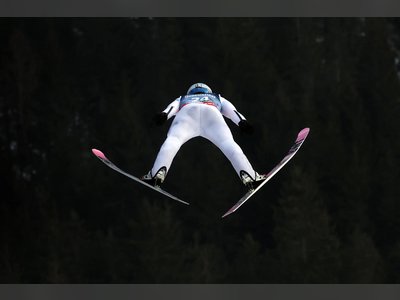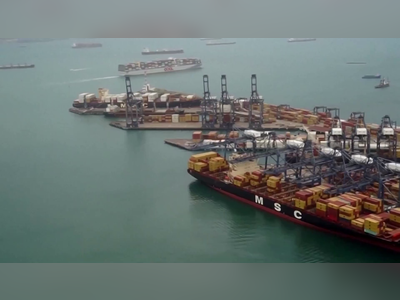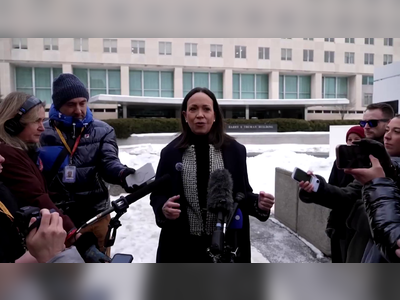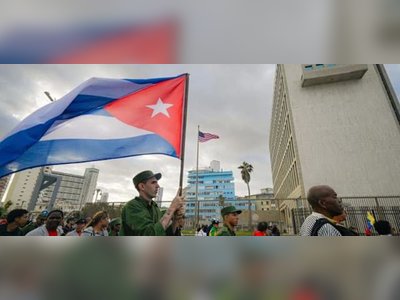
Costa Rican President Rodrigo Chaves Faces Legal Accusations for Corruption
The Attorney General has filed charges against President Chaves and Culture Minister Jorge Rodríguez for alleged coercion involving $405,800 from the Central American Bank for Economic Integration.
On April 7, 2025, Costa Rica's Attorney General, Carlo Díaz, presented an accusation to the Supreme Court against President Rodrigo Chaves and current Minister of Culture Jorge Rodríguez for alleged coercion related to a public contract funded by $405,800 awarded by the Central American Bank for Economic Integration (CABEI).
According to the Public Ministry's details, the accusation focuses on how the CABEI funds, initially set at $300,000 and later increased to $405,000, were used by the Presidential House to contract communication services.
The controversy began after it was revealed that the government had engaged audiovisual producer Christian Bulgarelli, who, in conjunction with Federico Cruz, a close associate of President Chaves, was believed to have been involved in negotiating the contract under questionable circumstances.
Reports indicate that Bulgarelli was instructed to establish the terms of reference for the contract, which he subsequently won.
Allegedly, Bulgarelli was directed to share a portion of the funds with Cruz, who had no official justification for receiving these payments.
The investigation discovered that Bulgarelli had transferred $32,000 to Cruz's designated account, which was purportedly intended as a down payment for a house in a condominium in Concepción de La Unión, Cartago.
The term 'coercion' under Costa Rican law refers to a public official abusing their position to induce someone to provide undue benefits for themselves or others.
The penalties for coercion range from two to eight years in prison.
Following this unfolding situation, Bulgarelli became a key witness for the prosecution, having struck a deal with the Attorney General's office to avoid charges in exchange for full disclosure about the events.
Tensions escalated between Chaves and Bulgarelli when they were encountered in a restaurant on March 21, 2025, leading to a confrontation that was captured on video and subsequently led to further investigations by the Attorney General, who suggested that Chaves might have attempted to intimidate the witness.
Currently, the legal proceedings involve determining whether the Supreme Court magistrates will send the case to the Legislative Assembly, where the fate of Chaves' parliamentary immunity will be debated.
For the immunity to be lifted, a minimum of 38 votes from the 57 Assembly members would be required.
The legislative process highlighted in previous accusations against public figures involves multiple steps, including a review by the Supreme Court and a report prepared by a special commission before a vote in the plenary assembly.
As this situation develops, political reactions have varied, with some legislative factions expressing readiness to vote in favor of lifting Chaves' immunity.
Others have dismissed the gravity of the accusations, while the Presidency has yet to provide any official comments regarding the allegations.
According to the Public Ministry's details, the accusation focuses on how the CABEI funds, initially set at $300,000 and later increased to $405,000, were used by the Presidential House to contract communication services.
The controversy began after it was revealed that the government had engaged audiovisual producer Christian Bulgarelli, who, in conjunction with Federico Cruz, a close associate of President Chaves, was believed to have been involved in negotiating the contract under questionable circumstances.
Reports indicate that Bulgarelli was instructed to establish the terms of reference for the contract, which he subsequently won.
Allegedly, Bulgarelli was directed to share a portion of the funds with Cruz, who had no official justification for receiving these payments.
The investigation discovered that Bulgarelli had transferred $32,000 to Cruz's designated account, which was purportedly intended as a down payment for a house in a condominium in Concepción de La Unión, Cartago.
The term 'coercion' under Costa Rican law refers to a public official abusing their position to induce someone to provide undue benefits for themselves or others.
The penalties for coercion range from two to eight years in prison.
Following this unfolding situation, Bulgarelli became a key witness for the prosecution, having struck a deal with the Attorney General's office to avoid charges in exchange for full disclosure about the events.
Tensions escalated between Chaves and Bulgarelli when they were encountered in a restaurant on March 21, 2025, leading to a confrontation that was captured on video and subsequently led to further investigations by the Attorney General, who suggested that Chaves might have attempted to intimidate the witness.
Currently, the legal proceedings involve determining whether the Supreme Court magistrates will send the case to the Legislative Assembly, where the fate of Chaves' parliamentary immunity will be debated.
For the immunity to be lifted, a minimum of 38 votes from the 57 Assembly members would be required.
The legislative process highlighted in previous accusations against public figures involves multiple steps, including a review by the Supreme Court and a report prepared by a special commission before a vote in the plenary assembly.
As this situation develops, political reactions have varied, with some legislative factions expressing readiness to vote in favor of lifting Chaves' immunity.
Others have dismissed the gravity of the accusations, while the Presidency has yet to provide any official comments regarding the allegations.
